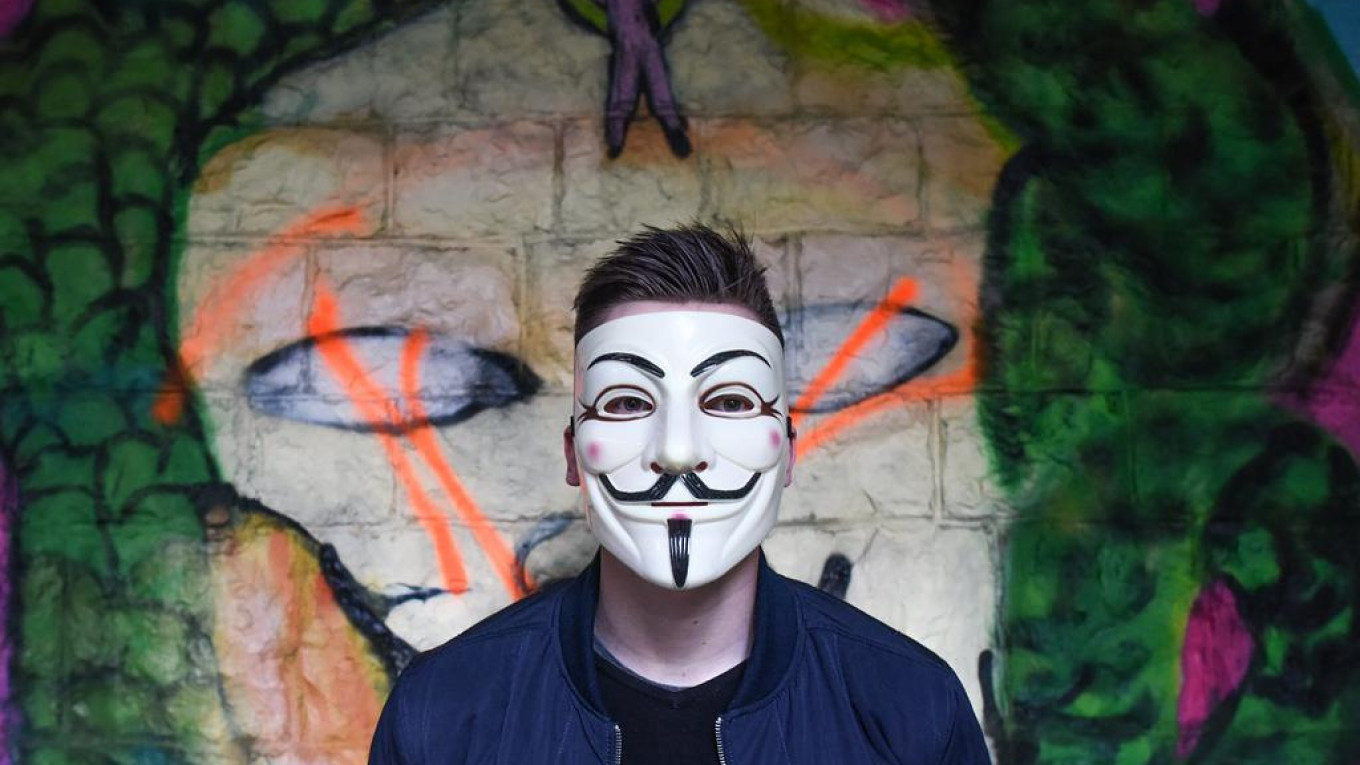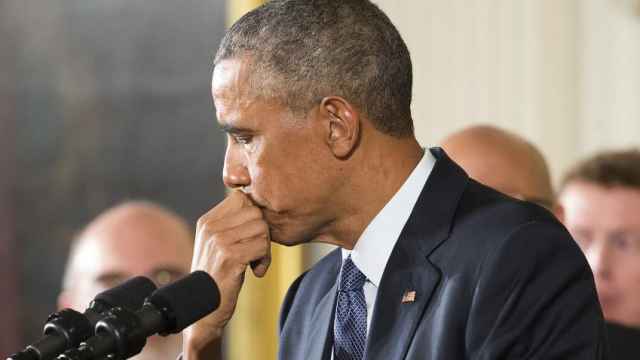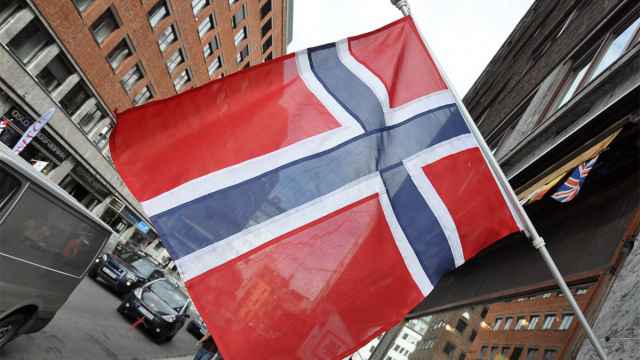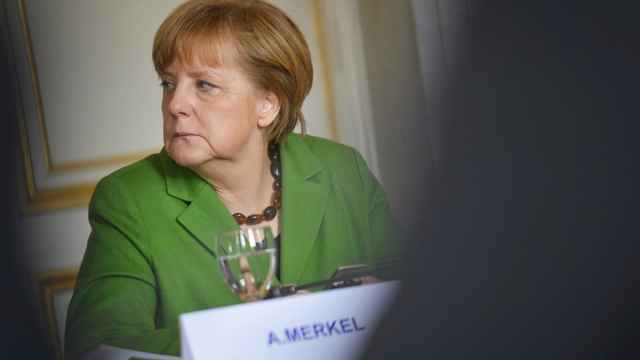Marcel Lazar Lahel, a convicted Romanian hacker better known as "Guccifer," has criticized the cyber-warfare accusations against Russia.
"The Americans went crazy about Russia and Russia invading the United States. This is madness. It's hysterical," the hacker said in an interview with Fox News.
Lazar is currently serving a sentence in a Romanian prison for cyber crime. In May 2016, he claimed to have hacked into the personal email account of Former Secretary of State Hillary Clinton. FBI officials, who were investigating Clinton over the use of a private email server at the time, said that Lazar provided no evidence for his claim.
In 2019, Lazar will be released from Romanian custody and extradited to the United States to serve part of his sentence there.
During the 2016 presidential election campaign, a hacker calling himself Guccifer 2.0 broke into the computer network of the Democratic National Committee, and leaked a number of emails to Wikileaks. According to a number of U.S. intelligence agencies and private cyber-security firms, Guccifer 2.0 was the creation of Russian intelligence agencies.
Like the original Guccifer, Guccifer 2.0 claimed to be Romanian and denied knowledge of the Russian language. However, it was found that the hacker had used a Russian-language only VPN when he communicated with journalists from The Hill newspaper.
In interviews with other journalists, Guccifer 2.0's Romanian language skills were so poor that he was suspected of using an online translator.
In response to Russia's alleged inference in the election, the Obama Administration introduced a new round of sanctions against Russian individuals and organizations.
A Message from The Moscow Times:
Dear readers,
We are facing unprecedented challenges. Russia's Prosecutor General's Office has designated The Moscow Times as an "undesirable" organization, criminalizing our work and putting our staff at risk of prosecution. This follows our earlier unjust labeling as a "foreign agent."
These actions are direct attempts to silence independent journalism in Russia. The authorities claim our work "discredits the decisions of the Russian leadership." We see things differently: we strive to provide accurate, unbiased reporting on Russia.
We, the journalists of The Moscow Times, refuse to be silenced. But to continue our work, we need your help.
Your support, no matter how small, makes a world of difference. If you can, please support us monthly starting from just $2. It's quick to set up, and every contribution makes a significant impact.
By supporting The Moscow Times, you're defending open, independent journalism in the face of repression. Thank you for standing with us.
Remind me later.






